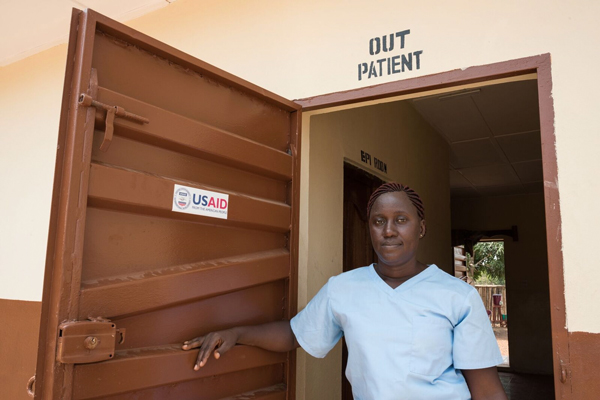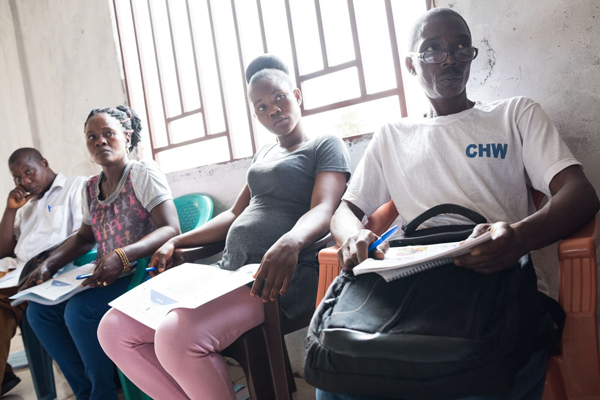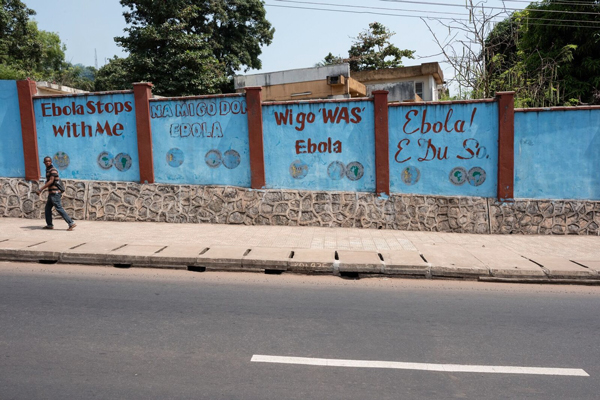One of the most common sequelae for Ebola survivors is complex cataracts due to the virus persisting in ocular fluid. In the aftermath of an Ebola outbreak, some survivors will likely need specialized eye care, including cataract surgery.
Eye Care - Including Cataract Surgery
Stories and Interventions
Web-based visual story about Ebola survivors' personal experience undergoing cataract surgery.
Video describing the ETP&SS cataract surgery program that helped survivors regain their sight. The program also helped researchers find out more about viral persistence of the Ebola virus. Testimonies from Ebola survivors, doctors, and nurses.
Colleagues at Emory University Eye Center provided care and performed complex cataract surgery on Ebola survivors, including children, in Sierra Leone in July 2017.
Related Journal Article(s)
This article evaluates EVD survivors at a clinic in Monrovia for eye exam findings. Twenty-one of the 96 examined survivors developed EVD-associated uveitis, and three developed optic neuropathy. Recommends mobilization of eye care resources for survivors.
This article follows 341 patients for a year after being in the hospital for EVD. Of these, there were 46 cases of uveitis, six of episcleritis, and three of interstitial keratitis. Uveitis relapses were found as late as 13 months after a negative test for EV in the blood.
This article summarizes ophthalmic manifestations of EVD from a cohort of survivors. Uveitis was the most common finding, as well as complications including cataract, retinal scarring, optic neuropathy, hypotony, and phthisis bulbi due to viral persistence, which can lead to vision loss.





